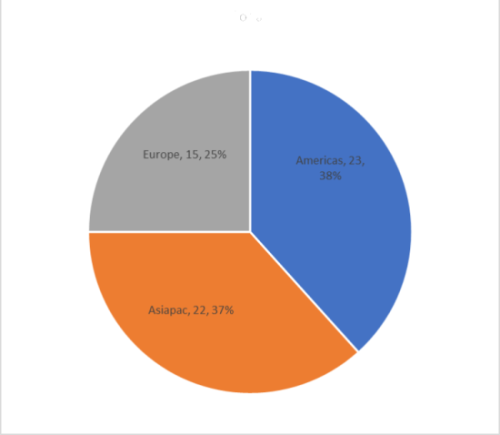In the middle of the week, one Tory MP wrote in a House of Commons magazine. He catalogued the decline in trade, GDP and inward investment. He does not mention the traffic queues in Kent or in European airports. On exports he said,
the fishers who can no longer sell their Scottish salmon, to the farmers undercut by unchecked imports, to Cheshire cheesemakers running into £180 health certificates, even to the City which can no longer sell financial services to Europe, sector after sector is being strangled by the red tape we were supposed to escape from.
Tobias Ellwood MP, Politics Home, The House
He concludes that,
In a nutshell, all these challenges would disappear if we dare to advance our Brexit model by re-joining the EU single market (the Norway model). …
Any model will have benefits and drawbacks. The single market means the free movement of goods, services, capital and people. It would see £7bn of paperwork and checks go, and boost our economy by restoring free trade to sectors demanding change.
Tobias Ellwood MP, Politics Home, The House
What’s fascinating and brave is that this is a Tory MP!. He makes the obvious point that it’s still outside the EU and needn’t be seen as abandoning Brexit, but many in the parliamentary Tory party disagree. It has attracted the usual idiocy from Lord Frost whose response in a non-linked three tweet thread 🤦 is best seen in this article at the London Economic. It’s as light weight as everything else he does.
He’s right we should re-join the single market, and I think that support for this is growing.
The question I ask is where is Labour on this.
…


